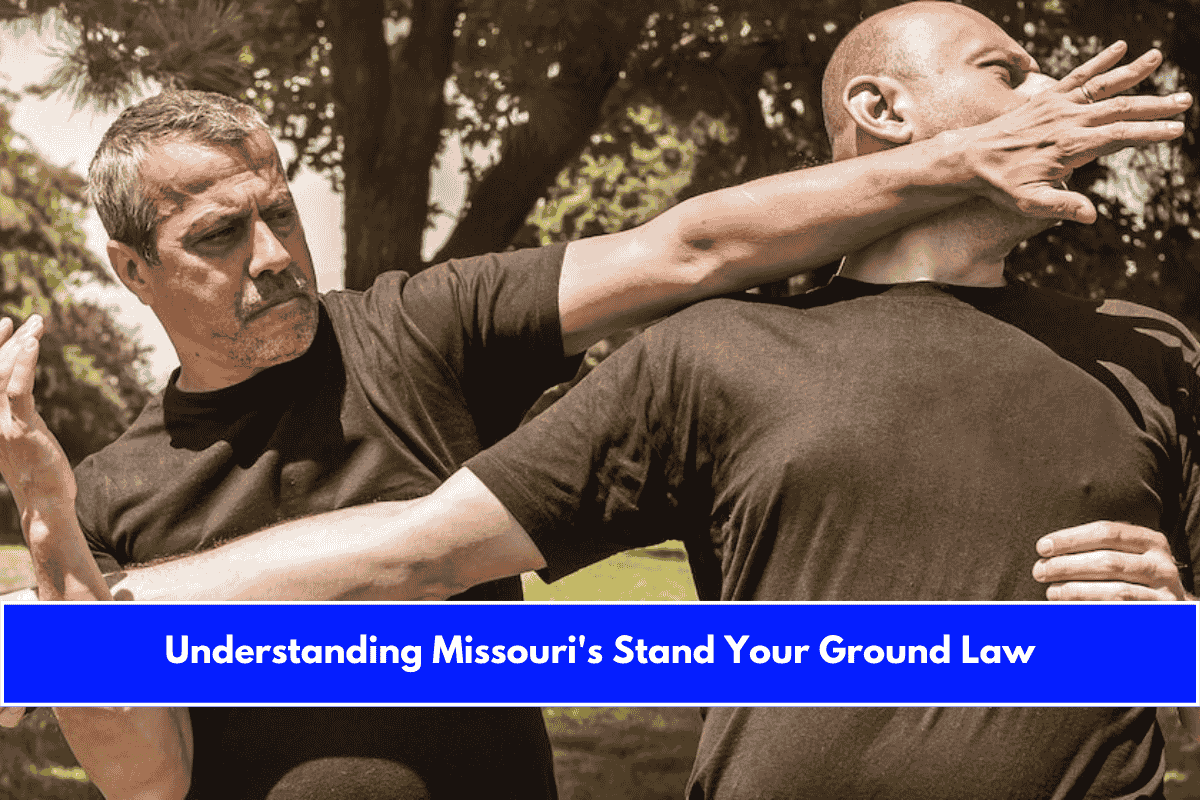Missouri’s Stand Your Ground law allows individuals to use deadly force in self-defense-or in defense of others-without a duty to retreat, as long as they are in a place where they have a legal right to be.
This means you do not have to try to escape or avoid the threat before defending yourself if you reasonably believe you or someone else faces imminent danger of death, serious injury, or a forcible felony.
Key Provisions and Recent Updates
No Duty to Retreat:
If you are lawfully present in a location, you are not required to retreat before using force in self-defense.
Reasonable Belief Required:
The law protects you only if you reasonably believe the use of force is necessary to prevent death, serious physical injury, or a forcible felony.
Protection for Others:
The statute also allows you to use force to defend another person if you reasonably believe they are in imminent danger.
Immunity from Prosecution and Civil Action:
A 2024 update (SB 363) grants immunity from criminal prosecution and civil lawsuits for those who use or threaten force in self-defense, unless the force is used against a law enforcement officer acting in the line of duty and you knew or should have known their status.
Law enforcement cannot arrest someone for using force in self-defense unless there is probable cause the force was unlawful.
Presumption of Reasonableness:
The new law presumes your belief that force was necessary is reasonable, shifting the burden to prosecutors or plaintiffs to prove otherwise by clear and convincing evidence.
Limitations and Important Considerations
- Lawful Presence: The law only applies if you are somewhere you have the right to be. If you are trespassing, you cannot claim Stand Your Ground protections.
- Aggressors Not Protected: If you are the initial aggressor in a confrontation, you cannot use Stand Your Ground as a defense.
- Affirmative Defense: Stand Your Ground is an affirmative defense raised during legal proceedings, meaning you must present evidence justifying your actions.
- Castle Doctrine: Missouri’s law also includes the “castle doctrine,” which specifically protects the use of force against unlawful intruders in your home, vehicle, or property.
Summary Table: Missouri Stand Your Ground Law (2025)
| Provision | Description |
|---|---|
| Duty to Retreat | No duty to retreat if lawfully present |
| Use of Deadly Force | Permitted if reasonable fear of death, serious injury, or forcible felony |
| Defense of Others | Permitted under same conditions |
| Immunity from Prosecution | Yes, unless force used against known law enforcement officer |
| Presumption of Reasonableness | Yes, burden shifts to prosecution/plaintiff |
| Limitation | Not available to aggressors or trespassers |
Missouri’s Stand Your Ground law provides robust protections for individuals defending themselves or others, eliminating the duty to retreat and offering legal immunity in most cases.
However, it is crucial to understand the law’s limitations, especially regarding lawful presence and not being the aggressor, to ensure these protections apply.
Sources:
- https://www.senate.mo.gov/25info/BTS_Web/Bill.aspx?BillID=341
- https://www.sindellaw.com/blog/2023/07/missouri-stand-your-ground-law/
- https://www.superlawyers.com/resources/criminal-defense/missouri/what-stand-your-ground-laws-mean-in-missouri/
- https://en.wikipedia.org/wiki/Stand-your-ground_law











Leave a Reply